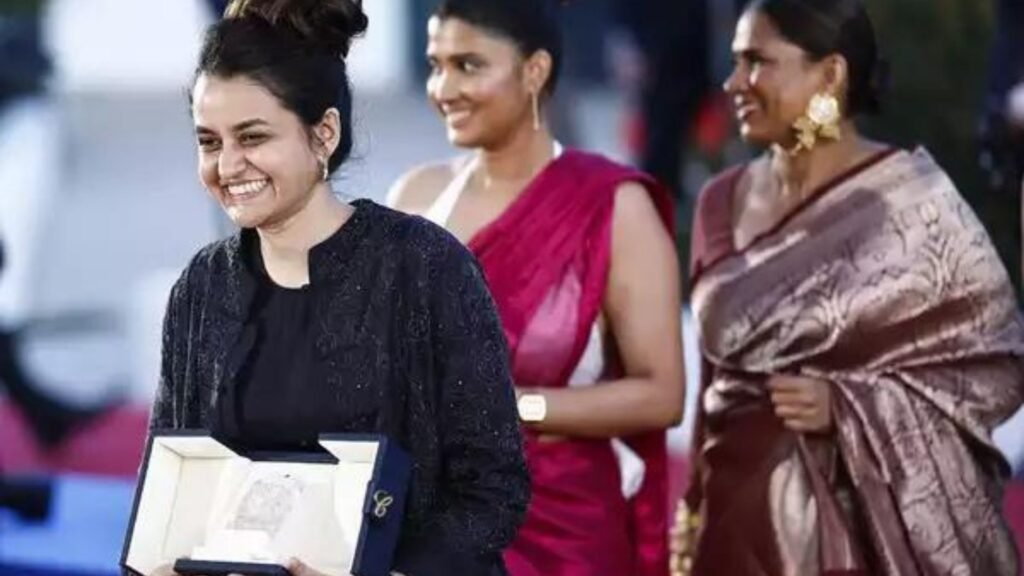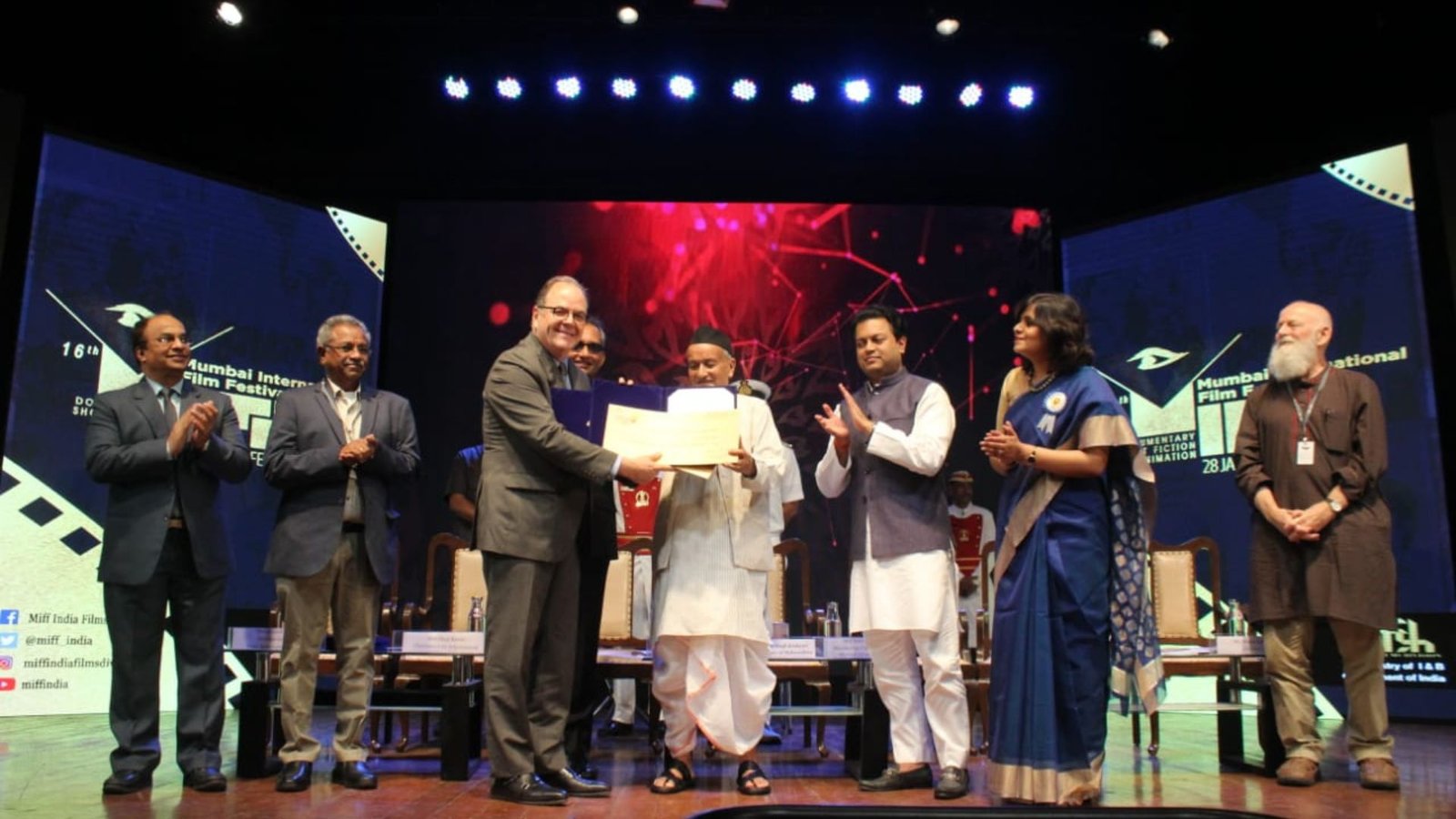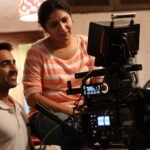How to Navigate the Indian Film Festival Circuit
Navigating the Indian film festival circuit can be an exciting journey for filmmakers. It’s a fantastic way to showcase your work, connect with industry professionals, and gain recognition. However, it can also be a bit overwhelming if you’re not sure where to start. Here’s a guide to help you navigate the Indian film festival circuit successfully.
Researching the Right Festivals
Finding the right festivals is crucial. India hosts a wide variety of film festivals, each with its unique focus. Some of the major ones include the Mumbai Film Festival, the International Film Festival of India (IFFI), and the Kolkata International Film Festival. Make sure to research which festivals align with your film’s genre and themes. Understanding the festival’s audience and selection criteria can increase your chances of getting selected.

Submitting Your Film
Once you’ve identified the festivals, the next step is submitting your film. Each festival will have its submission process, usually detailed on its official website. Pay close attention to the submission deadlines, fees, and required materials. Commonly requested items include a synopsis, director’s biography, and a high-quality screener of your film. Submitting your film early can sometimes give you an advantage.
Preparing Your Film for Submission
Before submitting, ensure your film is polished and ready for screening. This means finalizing your edits, sound design, and colour correction. Additionally, having a strong promotional package is essential. This should include a compelling trailer, poster, and press kit. These materials will not only help with the submission process but also with promoting your film at the festival.
Networking and Building Relationships
Attending film festivals is not just about showcasing your film; it’s also about building relationships. Networking with other filmmakers, industry professionals, and festival organizers can open doors to future opportunities. Be proactive in attending panel discussions, workshops, and networking events. Having business cards and being ready to discuss your film concisely will help you make a lasting impression.
Understanding Festival Logistics
Understanding the logistics of attending a film festival can help you make the most of your experience. This includes knowing the festival schedule, locations of screenings, and transportation options. Many festivals also offer filmmaker lounges or networking areas where you can meet other participants. Planning your itinerary will ensure you don’t miss out on important events.
Promoting Your Film at the Festival
Promoting your film doesn’t stop at the submission. Once you’re accepted into a festival, leverage social media, press releases, and your network to build buzz. Engage with festival-goers by participating in Q&A sessions and being active on social media. Encouraging your audience to use specific hashtags can also increase your film’s visibility.
Handling Feedback and Reviews
One of the valuable aspects of film festivals is the feedback you receive. Be open to constructive criticism and use it to improve your future projects. Engaging with reviewers and understanding their perspectives can provide insights into how your film is perceived. Positive reviews can be used in your promotional materials, while constructive feedback can guide your next project.
Leveraging Festival Success
If your film receives accolades or awards, leverage this success for future opportunities. Winning at a film festival can open doors to distribution deals, funding for future projects, and increased recognition in the industry. Highlight your achievements in your resume and promotional materials to showcase your credibility and talent.
Conclusion
Navigating the Indian film festival circuit requires research, preparation, and proactive engagement. By selecting the right festivals, submitting your best work, and making the most of networking opportunities, you can successfully showcase your film and advance your career. Remember, the key is to be well-prepared and to make meaningful connections that can help you in your filmmaking journey.



